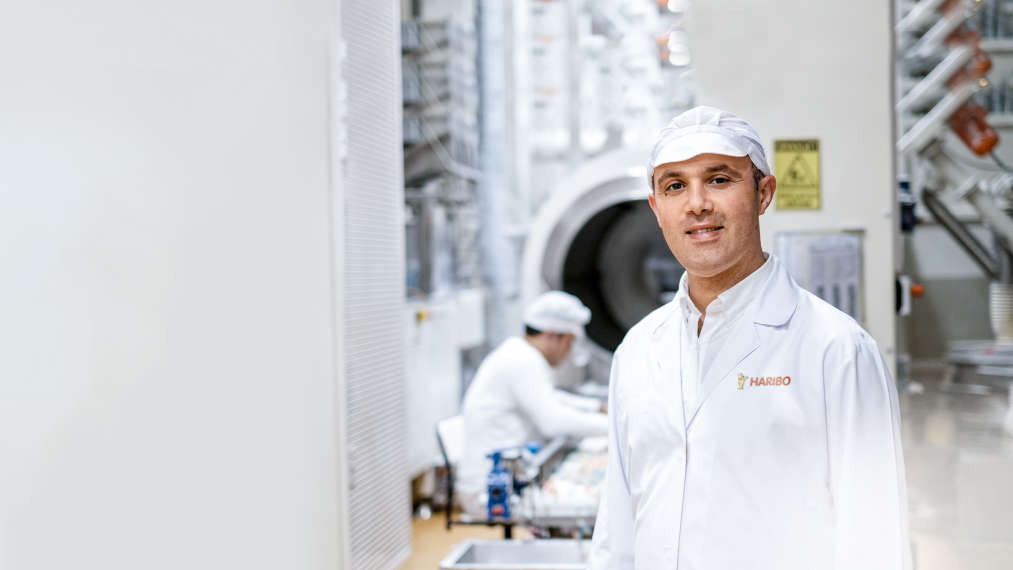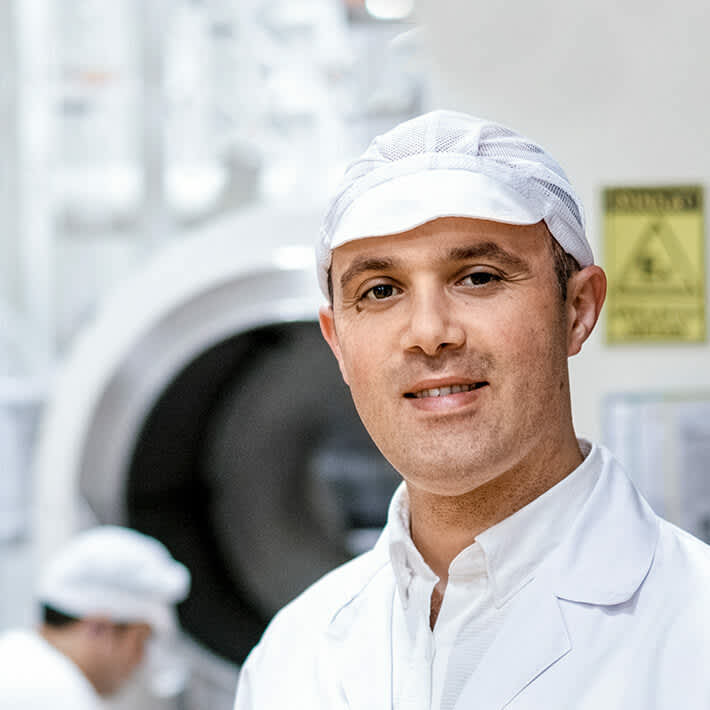Respecting the people and the planet
The HARIBO Group takes its corporate responsibility very seriously. It is the company’s belief that respect for both people and the planet plays an important role in developing the business successfully. The company has therefore implemented several policies for this area, which are integrated into the daily work. In below you find our Statement of corporate social responsibility (CSR):
The main focus is Food Safety, as the company’s consumers at any time should be able to enjoy the company’s products without any risk. The HARIBO Group therefore applies high food safety, quality and ethical standards to the selection of all raw material and packaging used in the production of our beloved products. Since 2017, all the HARIBO Group manufacturing facilities have been certified according to FSSC 22000 (Food Safety System Certification), a GFSI (Global Food Safety Initiative) recognized standard with an excellent reputation in the food industry worldwide. Before 2017, HARIBO was certified according to the international food standard IFS.


